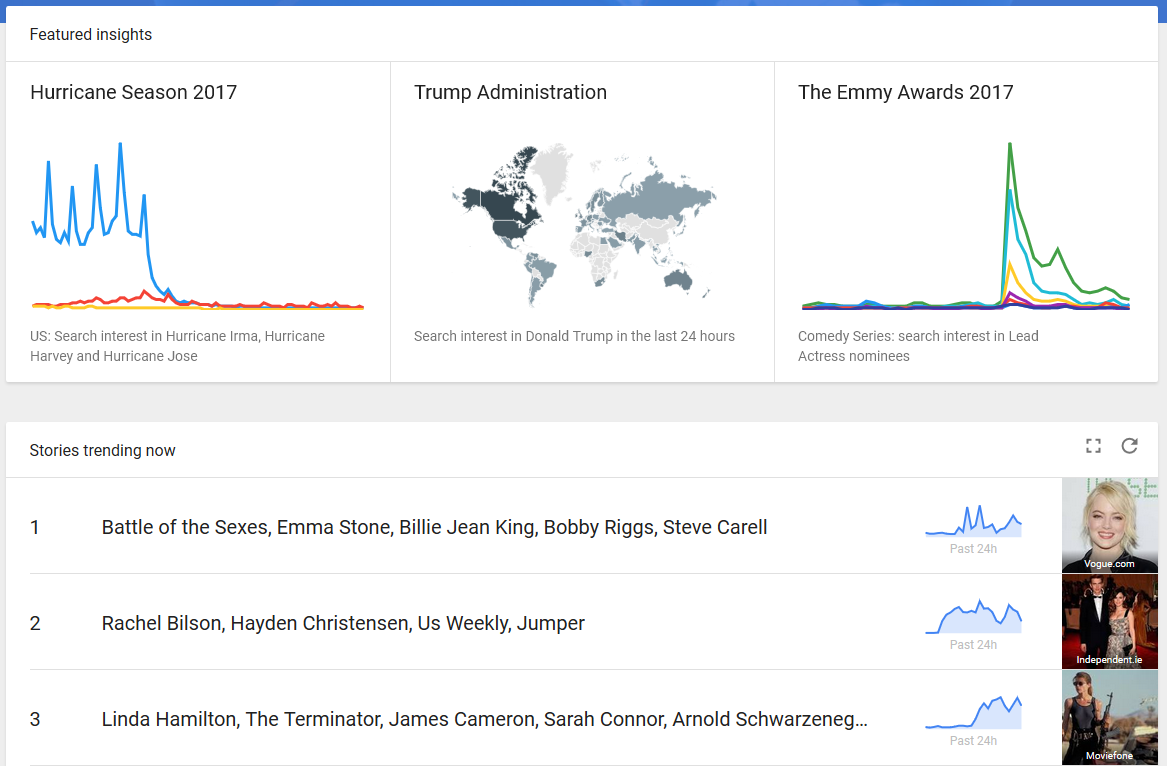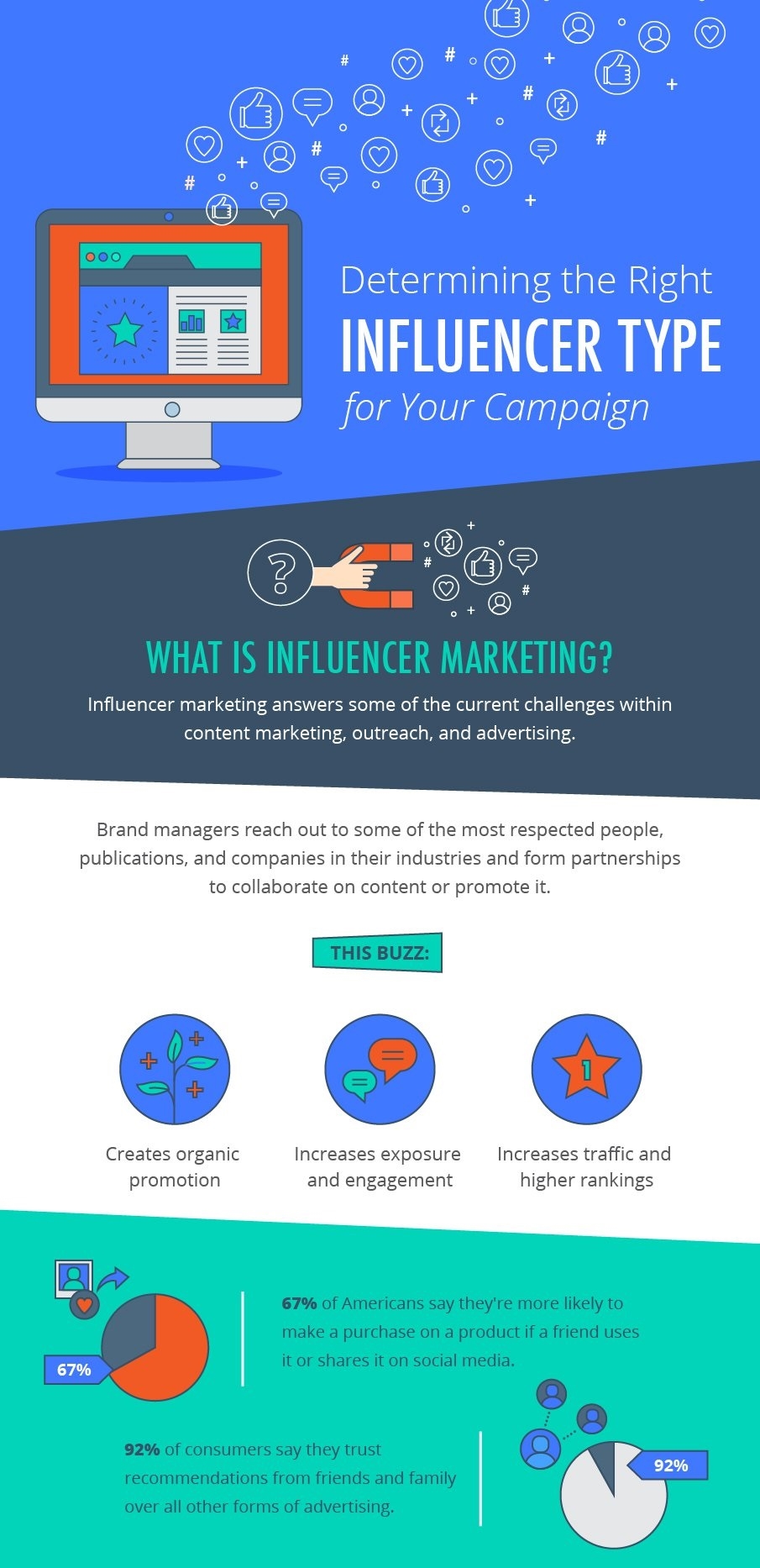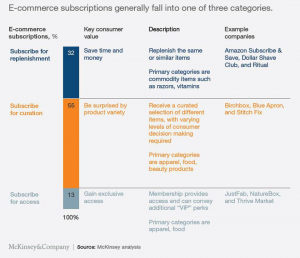— March 28, 2019
Let’s start off with the basics: What is a guest blog and why should you care? Simply put, it’s an article that an individual writes on a website they have no affiliation with. As a result, they don’t receive payment for the content like a freelance writer normally would. The reason people choose to participate in this is to reach a new, and ideally, larger audience. It’s a form of content marketing — getting your name or company in front of the eyes of new readers by creating informative and useful content. It can also be helpful in your link building efforts, which we’ll dive into more in-depth in a moment.
Although a lot of websites love getting free quality content, it can be tricky to find a site that will agree to host your article. Here are six tips to help ensure you can get published and how to get the most out of a guest blog.
1. Location, Location, Location
A lot of people get excited about guest blogging. They start writing right away and then focus on finding a website to host the content after. While this can work out, you can drive yourself crazy looking for that ideal fit and waste a lot of time in the process. The best way to start is research. Find websites that host blogs that cover your area of expertise, see if they’ve hosted guest articles before, and find the contact information (ideally, an editor).
2. Guidelines Help Guide You, Who Knew?
If the website you found does accept guest blogging, then there will often be a guideline page with details on the guest submission process. Read it, learn it, live it. Every site has different requirements for their guest content, so be sure you know what they want before contacting them. An example can be found here.
3. Never Ditch the Pitch
Once you’ve found a website that can be a good fit and you’ve read their guidelines, you then have to sell yourself to the editor. Think of it as a job interview; you wouldn’t walk in and only say “I want to write for you.” First, you want to introduce yourself and express your interest in being a guest contributor. You’ll then want to sell your expertise in the field/industry you’d like to write about (years on the job, education, awards).
If you have a personal or business blog on your company’s website, then send them some of your best articles so they can see your style and writing skill. If you don’t have a blog yet, check out this article on why hosting a blog should be a part of your marketing efforts. Once that’s tackled, you’ll have to pitch an article’s subject. The editors like having a choice, so you should have at minimum three different article ideas to pitch them, but personally, I try to submit five just to be safe.
4. Sending in the Right Choices
There is a three-step process when deciding what ideas you should be pitching to the editor that you will find useful. Here is what to do:
Pick your niche
Think of all the subjects you could offer expert insight on — all the connections associated with your job, business, or education. Once you’ve thought of every possible relation, see what’s trending. What are people interested in reading about right now? The more relevant your subject, the more likely it is that your article will gather readers, which benefits both you and the website’s editor.

Do your research
See what content the website already has written regarding the subject. Being topical is fantastic, but useless if they’ve already written about the issue extensively. The editor won’t be interested in a repeat article. They want original ideas. They might be interested in a new perspective, but be sure it’s different enough from the previously published work.
Focus on their audience
Research the typical target audience viewer and think about what would benefit them specifically. Is their readership primarily small business owners? Tech-savvy? Mothers? Millennials? Figure out who the audience is and write accordingly. Remember, the editor is interested in providing quality content specified for their audience.
Crafting the content
You’ve landed the interest of the editor and they want to read a draft, awesome! Now what? Well, of course, you put your writing hat on and get to work. Flesh out the ideas for the pitch that the editor chose. Find relevant articles from prominent publications you can reference in your copy that support different opinions in the article, find some quality images and videos that can add visuals to the article, and organize the information in an easily understandable format. A mistake I see a lot of individuals make is having the content be too self-promotional or transparently beneficial. They’ll reference their business or services far too often. The editor will see this as disingenuous and won’t publish the blog. Remember to stay humble. Referencing your business and anecdotes that come from your own experience is fine, as long as it fits with what you’re talking in the specific section and you do so sparingly.
5. Linking back to link-building
Using guest blogging as part of your link building strategy for your SEO can be very useful, but it also comes with some risk when done improperly. Google published a post with guest blog backlinking tactics that result in penalties. Now, this doesn’t mean you should shy away from guest blogging in your link building strategy, it just means you have to be responsible. There are a few tips you can follow to acquire backlinks in a guest blog that is ethical and won’t risk penalties, so check them out below:
A Link in Author Bio
The first is requesting a backlink to your website in the author bio. Most blogs have either a link to a bio-page for the author (even for a guest contributor) in the article or have a short bio at the bottom of the article. Having a backlink there is perfectly fine as it’s relevant to that section of the webpage, which is all about you (including your business). I’d also recommend linking to your website’s about page, to your professional bio page, or to your website’s blog page.
A Link in Blog Post
The second is including a backlink to a blog post on your own site that covers a similar subject in depth. When you write the guest blog, be sure to have a paragraph that briefly covers a topic that you’ve written about before that is relevant to your guest blog. At the end of this paragraph, add a link to your older blog post under the anchor text “learn more about X here” or something similar. As long as the link leads to a relevant and useful article that compliments your guest blog, you shouldn’t get penalized. If you don’t have content that is relevant enough already published on your blog site, you can always write a new article that fits your guest blog. Just be sure that it’s original content and only complements the piece. You will get penalized for duplicate content if two articles are too similar.
You can also add a link using images. I find Infographics work best for this method. Inserting an infographic in the guest blog is a great way to add value to the article that can simultaneously benefit you with a link.

Create an infographic related to your blog’s content and host the image on your site. When the guest blog gets published, the infographic should link back to the digital version hosted on your website. As the infographic is relevant content to the article, you’re in the clear for Google’s guest blogging guidelines.
In this age of technology, everybody can have a platform to share their ideas; the main issue is finding a platform with an audience. Guest blogging is one way to spread your knowledge and message to people. Always keep in mind that once you’re published, it’s out there for everyone to see and criticize if improperly done. Also, keep that in mind when writing to ensure your content stays genuine and doesn’t feel self-serving. Managing how you and your article are perceived is the most critical part of the process. Make sure it leaves a good impression of you and your company.
Digital & Social Articles on Business 2 Community
(77)







